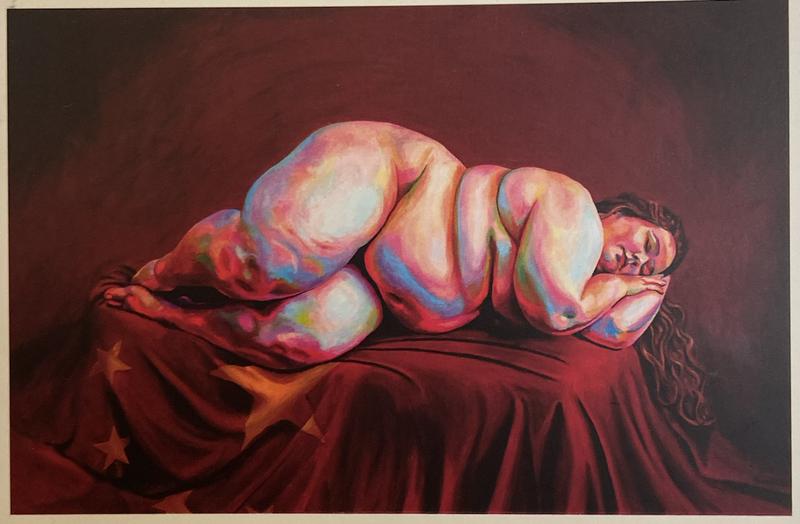HomeThoughts on rape culture
Thoughts on rape culture
Thoughts on rape culture
Emma Manon
Core Spirit member since Oct 9, 2023
·Oct 9, 2023
The problem of rape culture is that individuals, not rapists, commit rape.
Harassment, sexual assault, rape is ubiquitous. It’s a quiet, weighty truth looming overhead: we all know it, we’ve all read the numbers (1 in 3?), we’re increasingly hearing the testimonies all around us thanks to the slow erosion of taboos. Yet somehow it remains a detached reality: we care about these stories, but not enough to call out friends who contribute to the very culture that produces this ubiquity. It is tough to admit that you might be friends with, or be, a person who commits such acts: it’s confronting because it means you must confront yourself. What’s tougher is being the victim of it in a society that’s quick to turn a blind and trivialising eye: where the luckier ones face the absence of a response, the less fortunate must contend with contestation.
We live in a rape culture. How else do you describe societies in which one in three women fall victim to assault or rape? Living in a rape culture means two things. Firstly, it points to a misunderstanding of the notion of rape. The violent rape in an alleyway is widely, and rightly so, condemned. The rape in the conjugal bed or at college parties isn’t - despite the clear absence of enthusiastic, specific, repeated, uninfluenced consent. Secondly, thanks in no small part to this very misconception, it means that elements in our culture, in our habits, our social interactions and behaviour enable and uphold the pervasiveness of rape. Just like rape doesn’t only happen in murky alleyways, ‘rapists’ aren’t just a marginal group of psychologically misguided people. These types of perpetrators do exist, no doubt, but the profile of a rapist ranges far wider than this. As a consequence, deconstructing rape culture means reassessing the majority, if not all, our relationships and behaviour. This may seem radical but rationally, if we live in a rape culture and the majority of women (and many men) have fell victim, the logical corollary is that a larger group of people commits rape. Rape culture doesn’t correspond with a marginal minority of people; majorities make up culture.
Part of this deconstruction means realising the need for rehabilitation of ‘rapists’. To fix rape culture, rapists cannot merely be locked away, shunned from society. If we want to recognise the normalised and trivialised transgressive behaviour of our friends, colleagues, family members, an ‘out of sight, out of mind’ mentality will fall flat: locking away those swathes of friends, colleagues, family members isn’t a realistic or plausible, or even desired, solution; if this is the expectation, rape culture will never be reckoned with.
Does it even help to call someone a rapist? The label itself may reinforce the idea of a limited, distinctly, possibly easily identifiable, group of people, which doesn’t correspond with the ubiquity of rape in rape culture. Should we distinguish between the violent rapist and the “non-violent” rapist? The traditionally condemned versus the normalised rapist? Without in any way trivialising the severity of the latter categories and the trauma inflicted upon the victims, there are ‘gradations’ of types of rape, which necessitate different societal and judicial responses and corresponding penalties. The label itself might lead men, boys (and female perpetrators), from shying away from their own reckoning and self-reflection regarding their past and current behaviour. As much as the term ‘rape’ helped me come to terms with my experience, I do acknowledge the shortcomings of the label ‘rapist’. The problem of rape culture is that individuals, not rapists, commit rape. Rape culture will not be solved by locking away all rapists; what about the friends that watched and laughed?
Be the first to post a message!
Leave your comments / questions
